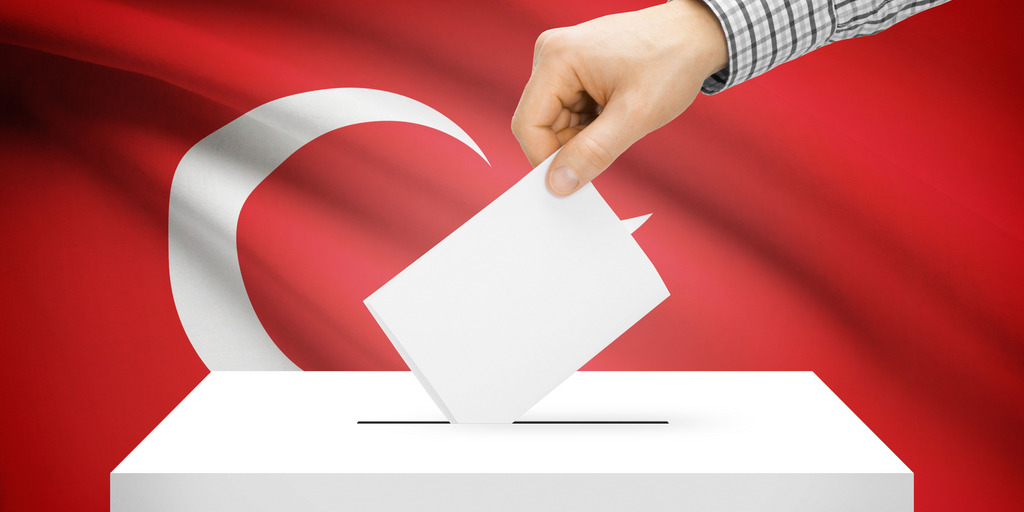By Düzgün Arslantaş
Just some weeks ago, President Recep Tayyip Erdoğan's campaign strategy was largely to score foreign policy points to distract from domestic problems. The catastrophic situation in Turkey's earthquake zones complicates this electoral manoeuvre. Erdoğan came to power in 1999 after an earthquake and, according to latest polls, it looks like he will leave the office with this earthquake because of its poor performance in preventing casualties and providing service to the affected people.
After siding with the US-led Western Bloc in the post World-War-II period, Turkey’s foreign policies remained largely non-interventionist. Erdoğan’s so-called “success story” was to radically drift away from this policy after his Justice and Development Party (Adalet ve Kalkınma Partisi, AKP) outdistanced its rivals in the 2002 elections and became the longest ruling one-party government in Turkey.
In the first term, the AKP’s foreign policy strategy focused on solving its existential crisis which arose from the fears of the hardline secularists who were suspicious of its hidden Islamic agenda. According to the AKP elites, only building strong ties with the EU would prevent the closure of the party for being the center of the anti-secular activities by the Constitutional Court. Such support would also help pro-AKP businesses accumulate wealth by integrating Turkey into European and western markets. Although this plan worked well and led to the accession negotiations with the EU in October 2005, the progress was swiftly halted as some EU members vetoed further openings of the chapters.
The setback in the EU front, however, did not curtail Turkey’s foreign policy activism as Turkey turned its eyes to the (Middle) East. The “zero-problems with neighboring countries” policy of the Foreign Minister Ahmet Davutoğlu sought to restore Turkey’s historical hegemony in the region. Despite initial optimism as moderate Islamists won the first post-authoritarian elections in Egypt and Tunisia, the following turmoil made this scenario unlikely.
Meanwhile, the policy shift impacted domestic politics. First, turning its back to the West, the government started to adopt an authoritarian populist agenda colored with heavy Islamist and nationalist tones. Second, Turkey global refugee center by hosting 3.6 million Syrian refugees, the most worldwide.
Ever since the end of the Arab Spring, there has been an erosion of Turkey’s international image of harmonizing Islam and democracy in a peaceful manner. On the one hand, Turkey is increasingly associated with financing terror and money laundering. It is now on the gray list by the Financial Action Task Force. On the other hand, it has seen growing tensions with the EU over the Readmission Agreement on irregular migration, visa liberalization, and the status of the energy resources in the Mediterranean Sea.




